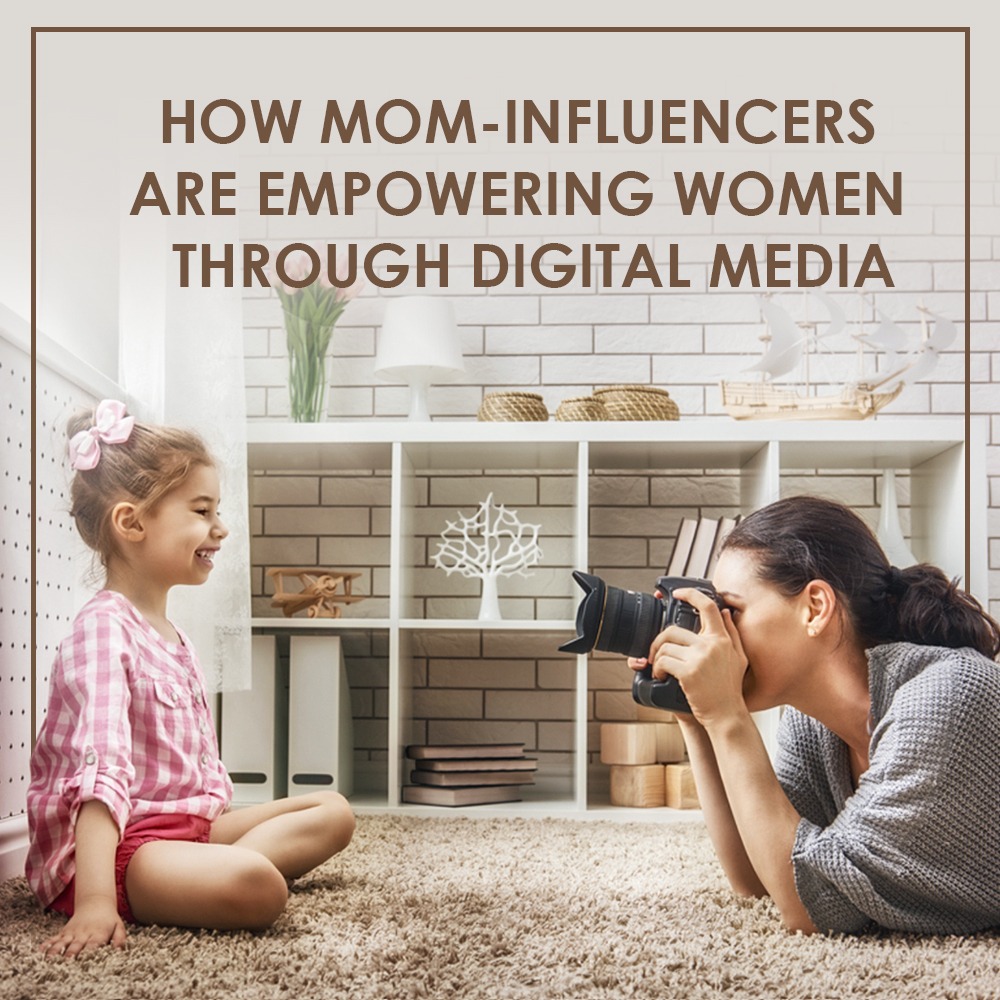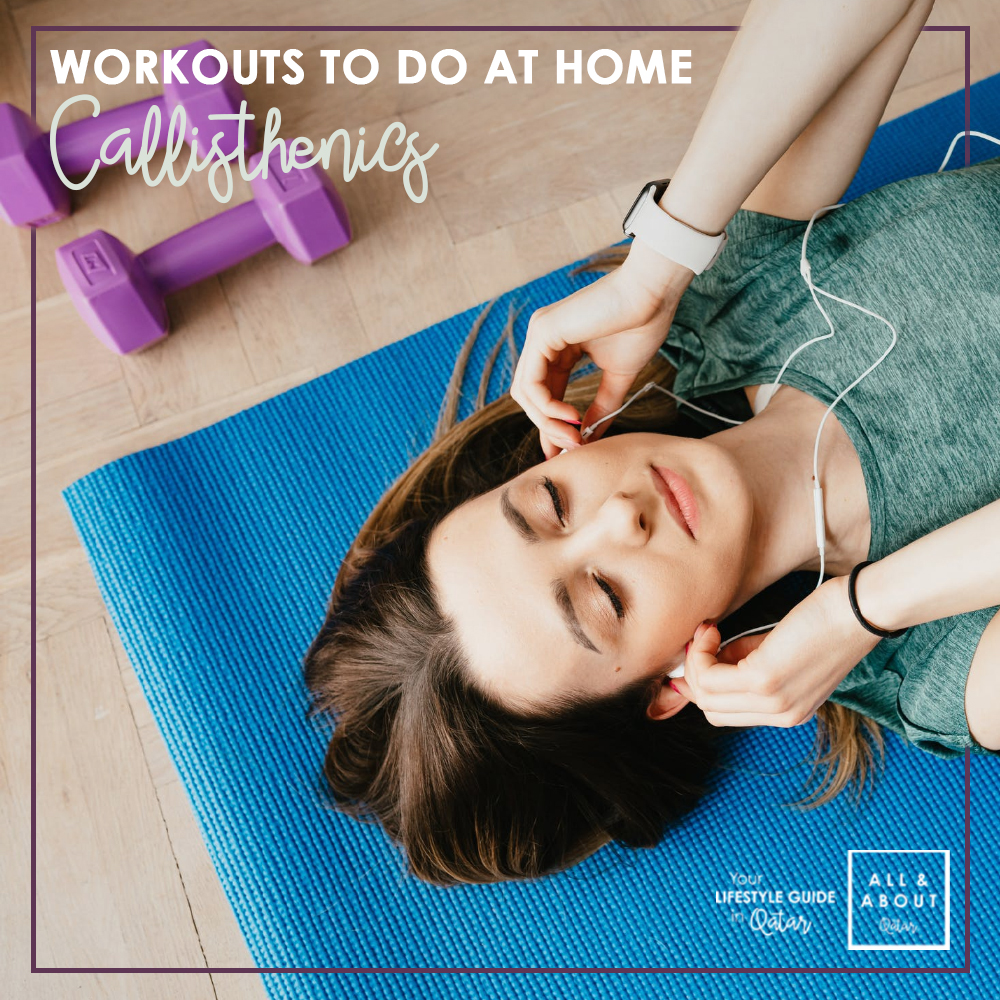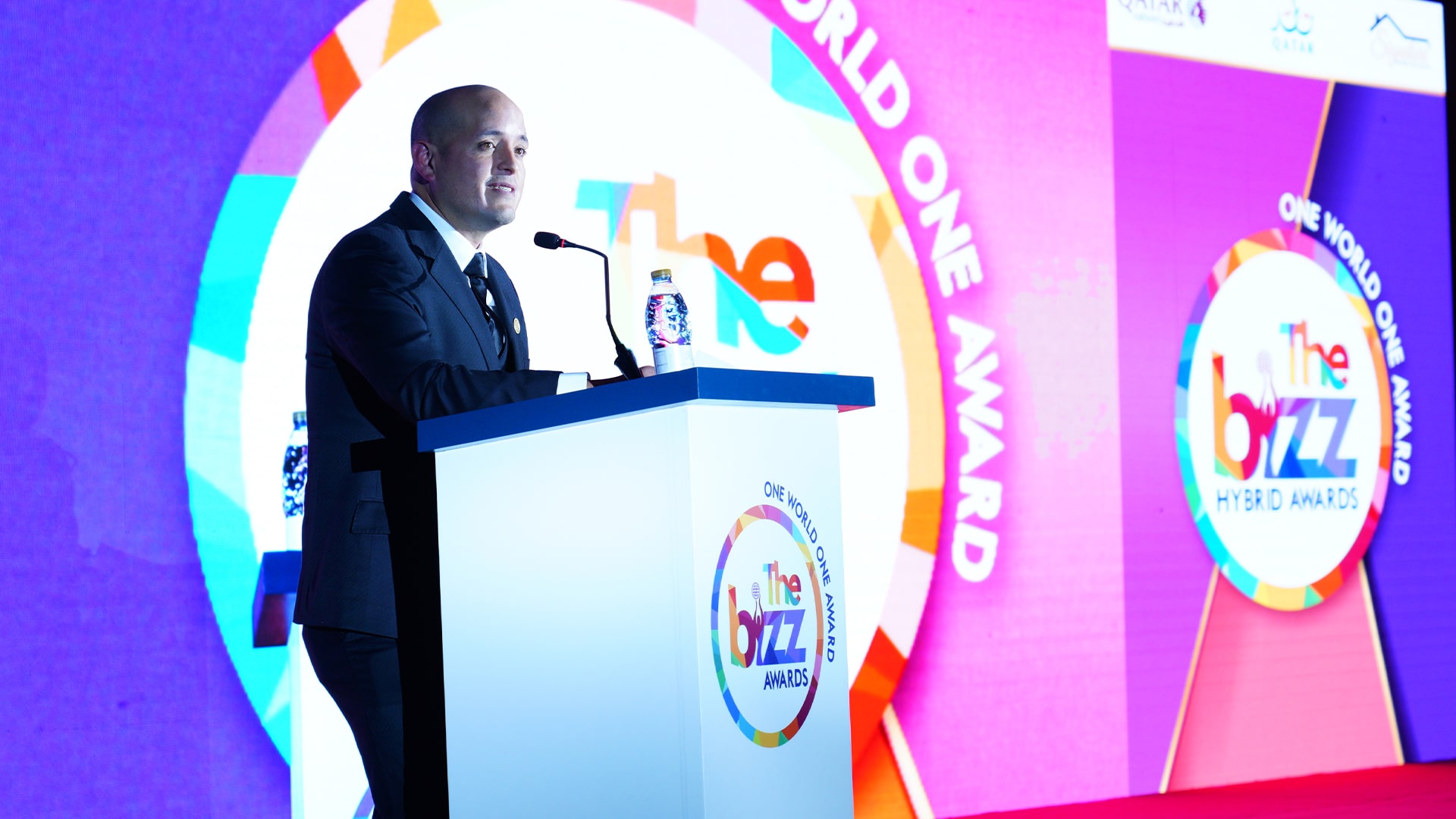LATELY, I’ve been having some trouble figuring out exactly who I am. Or, more precisely, who I will be going forward. Parts of me have changed over the years. But my core identity has not budged in three decades. I’m a mother. Children Have Grown
With my youngest son about to graduate from college, I find myself increasingly unhinged from that most fundamental view of myself. When I give talks, I find myself flummoxed about when exactly to say, “I have three sons.” This no longer feels like the most relevant part of me; certainly not for the young, fresh-faced, worried parents of youngsters in front of me. Children Have Grown
My career as a psychologist and a writer has been built on my belief that parenting is less about having “happy” children indefinitely tethered to us and more about preparing them to be independent, to be competent and enthusiastic about moving into meaningful adult lives. How odd that I should be blindsided by a sense of loss as my sons move fully into lives of their own.
I should be kicking my heels up and patting myself on the back. I do. Sometimes. But I’m also taken aback by the sense of loss that wafts around the edges of the pride in all that my three sons have accomplished, in all that I have accomplished.
They are mostly grown now, and the older ones have incipient signs of maturity. My middle son has a slightly receding hairline; my oldest has crinkles in the corners of his eyes that remain long after he stops smiling. My youngest remains suspended between manhood and adolescence, still willing to occasionally join me in the roughhousing and the intimacy that once characterized our family. I know these days are numbered, and soon he, too, will join his brothers in a fraternity that I will no longer be able to access. A world of work, friendship and, most of all, other attachments. A separate sphere where I will be, for the most part, a welcome visitor, but not an inhabitant. Children Have Grown
What I fear most is that their childhood selves may begin to feel distant. And that the woman I’ve been for more than 30 years will slowly disappear. Children Have Grown
Within the clinical community, the concept of “empty-nest syndrome” came to a halt years ago. Psychology rejects it as a diagnosis. Researchers suggest that it’s time limited, that it reinvigorates marriage and that it affects stay-at-home moms more than working moms. I find none of these things to be true. It started for me a decade ago, when my oldest went to college: my marriage soldiers on relatively unchanged and my other “working identities” don’t attenuate my sense of loss. In fact, it seems that empathy can be in short supply exactly because I have a career. “Luckily you have so many other interesting things in your life” has been the mantra of my saddened stay-at-home-mom friends. But these two facets of my life don’t occupy the same psychological space. While they both include my heart and my head, my profession tilts toward my head and my kids live in my heart. Children Have Grown
To be clear, I don’t hang around moping or complaining. I have much to be grateful for: my sons have friends, girlfriends, interests and meet most challenges with aplomb and competence. They are thoughtful. They are good-humored about my anxiety. They keep in touch. But that doesn’t mean that my sense of loss is not real.
What I’ve lost is my own sense of being needed and loved beyond reason by three breathtaking, energetic, embryonic beings. Motherhood inextricably weaves growth and loss together from the moment of physical separation at birth to every milestone passed. Some part of me must have known that each move toward independence — from zipping a jacket to hanging out at the mall to driving a car — meant not only that my sons were more capable, but also that I was less necessary. And I meet this reality with far more ambivalence than I had anticipated.
This may have something to do with the fact that our culture is structured so that motherhood is something we mostly do on our own. Typically cut off from historical sources of support like family as well as institutional sources of support like child care, histrionically encouraged to believe that “we can have it all” while we struggle to feel that we are doing anything well, mothers often feel isolated and uninformed. We suffer from a surfeit of information on child development and a complete lack of information on mother development. “Mother development.” The phrase even sounds odd. Children Have Grown
Despite shelves full of literature on child development, very little is said or written on the subject of how, over the span of decades during which infants grow into fully fledged adults, their mothers change in profound ways. I know that I am certainly not the same woman I was some 30 years ago when my firstborn made me a mother. Children Have Grown
Part of our sense of disruption around identity comes not only from the loss of a particular kind of relationship with our children but also because this loss is temporally close to other losses in the life cycle. Our younger selves have dissolved into menopausal clouds. We are too old to realize certain dreams. We’ve made choices that are now irrevocable: not making partner because of the kids or making partner and always feeling guilty about the kids. Chickens tend to come home to roost at about the same time as our children grow up. The marriage that sputtered along, the career that never quite materialized, the friendships that couldn’t be maintained and of course, most acutely, our own mortality. The chaotic diversions inherent in raising children cease, and we suddenly find ourselves with time to reflect. What did we do right? Where did we fail? How do we spend our remaining time? And who will show up to help with the transition?
It wouldn’t be that hard to make this transition more pleasant — and more productive. First of all, it would be useful if we began to think about post-parenting years long before they arrive. Imagining our future selves tends to get neglected as we focus on our children’s future. But opportunity favors the prepared. Many women find these years some of the best of their lives. The get married, get divorced, try new careers, travel, expand their horizons, tighten friendships and maintain warm, close relationships with their children (and in turn their grandchildren). The fact is that women are less depressed, less anxious and less suicidal in their 50s and 60s than at any other time. There is clearly something salutary about navigating through motherhood and back into a more independent life. We don’t really lose ourselves. In fact, we can become better, certainly wiser, versions of the women we’ve been. Children Have Grown
In order to continue to parent our grown children well, we might usefully acknowledge and start to prepare for the separations that start early and accelerate in high school. Gracefully and gradually, we must eventually give up our front and center position in their lives, learn to be quieter, to give fewer answers and to ask more questions. Our children’s independence is a reminder of how much we had to give and all that we have accomplished. It is a pleasure to remember that it is not a form of abandonment but an expression of a job well done — and is something to keep in mind as we move back into the center of our own lives, in ways that will make our children proud.
Written By: Madeline Levine is a clinician and consultant and the author, most recently, of “Teach Your Children Well: Parenting for Authentic Success.”
Source: www.nytimes.com






Leave A Comment
You must be logged in to post a comment.